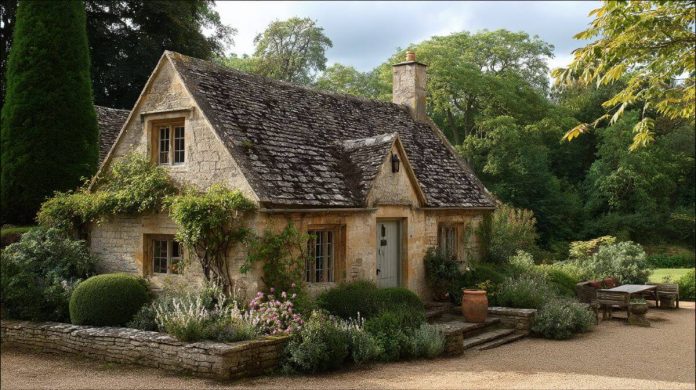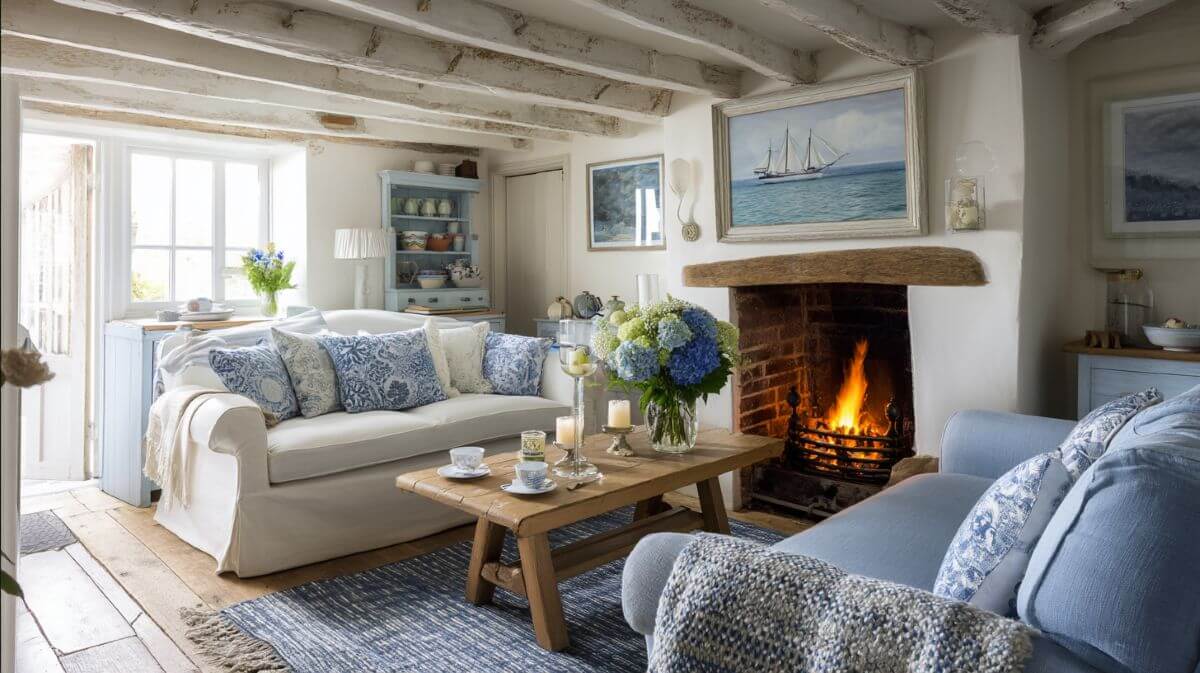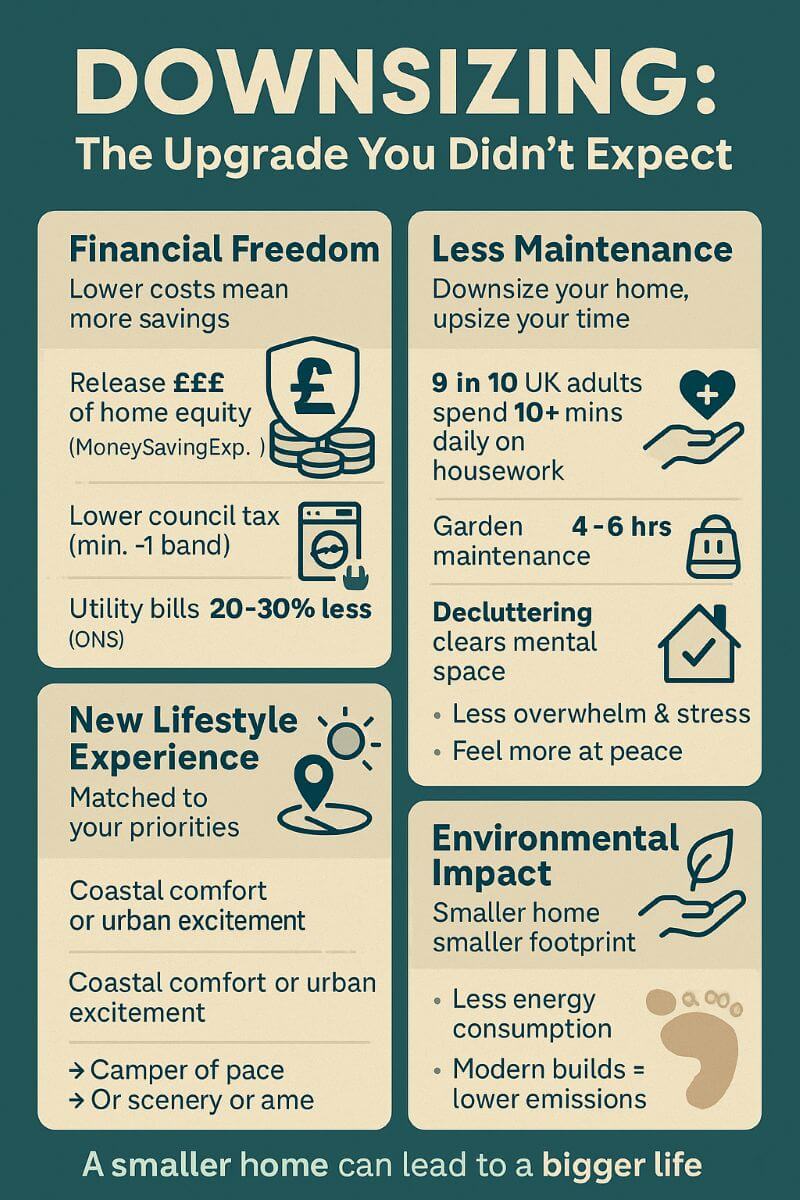
Last Updated on 25th May 2025
The concept of “upgrading” often conjures images of larger homes with extra bedrooms, expansive gardens, and high-spec features.
But for many homeowners, the most meaningful lifestyle upgrade comes from going smaller, not bigger.
Downsizing; moving to a more manageable property, is increasingly viewed as a proactive, strategic choice. It offers financial relief, mental clarity, and environmental advantages that align better with how people want to live today.
And there are plenty of reasons it’s a great idea. So if you ever fancied escaping the city for a quieter rural life, here’s why downsizing could be an option worth exploring.

Financial Freedom: Lower Costs, More Savings
The economic benefits of downsizing can be immediate and long-term.
According to MoneySavingExpert, homeowners who downsize often unlock substantial equity, especially in high-demand areas.
Smaller homes also reduce:
- Council tax (usually down at least one band)
- Utility bills (heating a 3-bed costs ~30% more than a 2-bed)
- Maintenance expenses (fewer rooms = less to fix or decorate)
New build homes or similar developments offer extra savings. They’re energy-efficient, low-maintenance, and more predictable in their running costs, ideal for downsizers looking to simplify finances.
It’s pretty simple maths, if you sell your home for somewhere cheaper, it puts more money in the back to live off or spend ticking off your bucket list. So if your current home has a high value because of local amenities or location you don’t make use of, you can likely trade that in and benefit.
Why Do People Downsize?
People choose to downsize for a mix of practical, emotional, and aspirational reasons.
For some, it’s about freeing up equity to fund retirement, travel, or support loved ones. For others, it’s the desire to reduce stress, no stairs to navigate, fewer rooms to clean, less maintenance to manage, and no more underused space collecting dust.
As life priorities shift, many seek homes that align better with how they live now, not how they lived a decade ago. Whether it’s embracing a simpler lifestyle, moving closer to family or city amenities, or cutting their carbon footprint, downsizing becomes a conscious, empowering decision, not a compromise.
Ultimately, people downsize to gain something bigger: freedom, clarity, and control over their next chapter.
Less Maintenance, More Time for You
Larger properties demand more time than many homeowners realise.
The Office for National Statistics reports that 9 in 10 UK adults spend at least 10 minutes daily on housework. That adds up, especially when larger gardens and extra rooms require attention.
Downsizing significantly cuts:
- Gardening hours (often 4–6 per week)
- Cleaning time
- DIY and upkeep tasks
In return, you gain more discretionary time, to travel, volunteer, focus on family, or make a midlife career shift.

Simplified Living: A Clutter-Free, More Peaceful Home
Moving into a smaller home encourages you to evaluate what truly matters.
Decluttering:
- Reduces mental noise and stress
- Improves focus and wellbeing
- Aligns your space with your values
Many downsizers say the process is transformational, a reframe that turns consumption into intentionality.
Environmental Benefits: A Smaller Carbon Footprint
Smaller homes use fewer resources, less water, energy, and space.
When paired with modern building standards (like insulation, energy-efficient windows, solar panels), downsizing can lead to a significant reduction in carbon emissions.
If you’re eco-conscious, moving into a smaller, greener home is one of the most impactful personal choices you can make.
Embracing a New Lifestyle: A Change of Pace
Downsizing often involves a location shift that better suits your current goals.
Many over-50s are trading suburban homes for:
- Walkable city centres
- Seaside towns
- Countryside retreats
With children moved out and flexible work options more common, you can choose where to live based on joy, not necessity.
Proactively downsizing in your 50s or 60s means enjoying the lifestyle change before health needs make it urgent.
Downsizing Checklist
Use this quick checklist to see if you’re ready to take the leap:
- Am I using every room in my current home?
- Could I benefit from lower monthly costs?
- Do I want to spend less time on cleaning and repairs?
- Would I enjoy living in a different location?
- Am I ready to declutter or reduce possessions?
- Do I want a more eco-conscious lifestyle?
- Is releasing home equity part of my retirement plan?

FAQ: Downsizing in the UK
What are the benefits of downsizing in the UK?
- Reduced council tax, utility bills, and maintenance costs
- Access to equity tied up in your current home
- Increased free time
- Potential to move closer to amenities, family, or nature
- Lower environmental impact
- Easier property management in retirement or later life
Is now a good time to downsize in the UK?
Yes, particularly for homeowners who:
- Bought during a low-interest period and now seek to unlock value
- Want to reduce costs due to the cost-of-living crisis
- Prefer low-maintenance homes with modern energy standards
What’s the best age to consider downsizing?
Most people consider it in their 50s or 60s, but there’s no universal rule and it’s usually after the kids have flown the nest. The key is to act before it becomes a necessity, so you can fully enjoy the lifestyle upgrade.

































